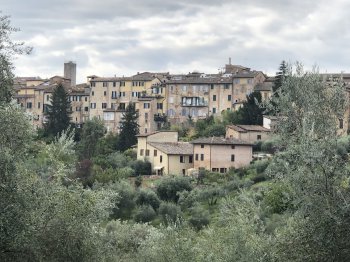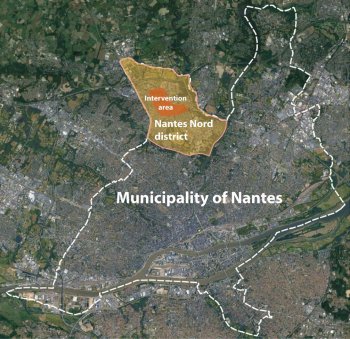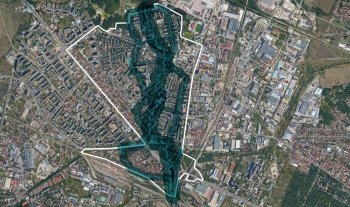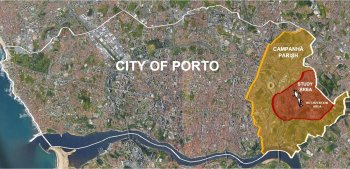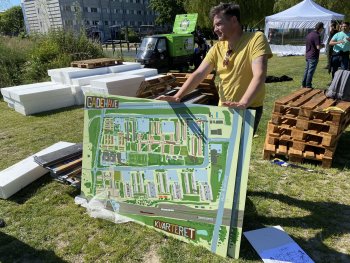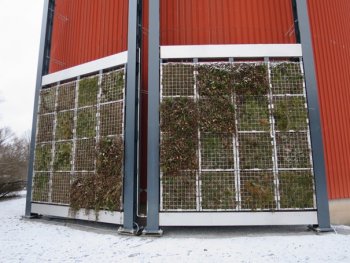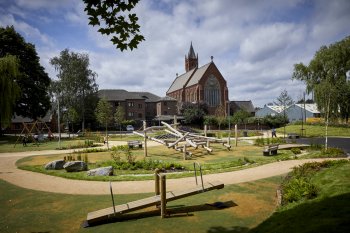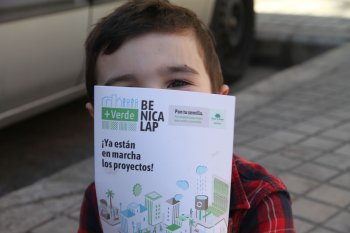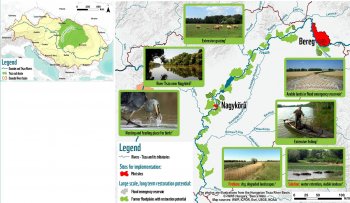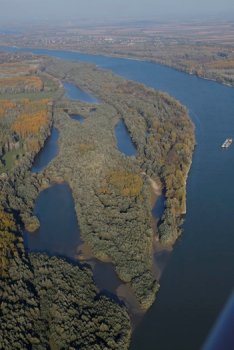Co-Creation of an URBiNAT Healthy Corridor for Siena
The main objective of URBiNAT in the Municipality of Siena is to identify a Healthy Corridor for the Ravacciano neighbourhood, as a way to develop the neighbourhood as well, and to make the green spaces present more viable and accessible.
The local diagnostic has allowed the identification of the population's greatest needs, both in terms of mobility and connection with the city's historic centre, and of access to green areas, considered as places of sociality and wellbeing.
To this aim, within the actions foreseen by URBiNAT, the Municipality of Siena has planned to develop...

